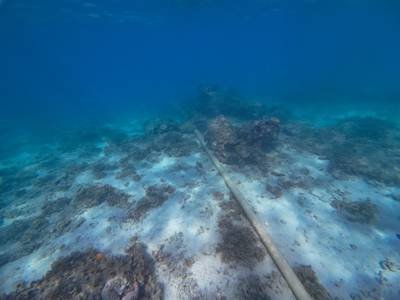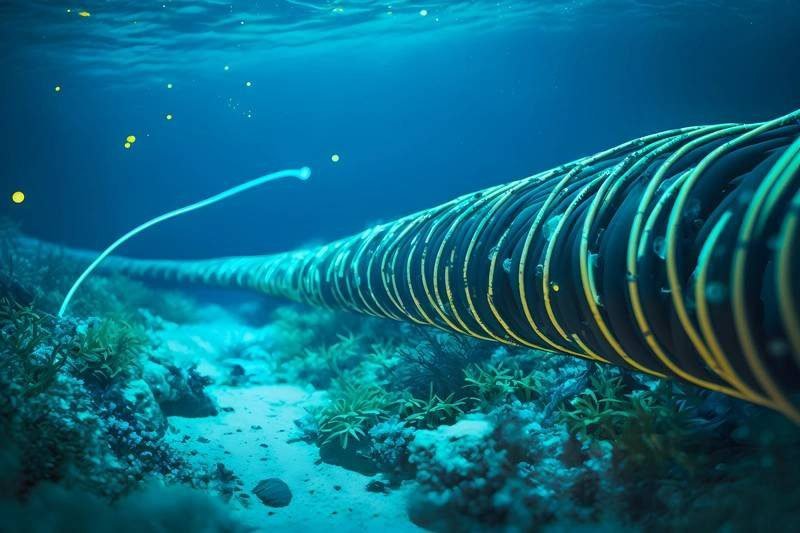The Finnish Geospatial Research Institute (FGI) is collaborating with the Fraunhofer Institute for Physical Measurement Techniques IPM to develop advanced Lidar systems for maritime surface surveys. The joint project aims to create a compact sensor platform for laser-based inspections of critical underwater infrastructures, such as offshore wind turbines. Lidar systems are known for their ability to provide precise 3D data over long distances, and the introduction of two new Lidar systems by Fraunhofer IPM marks a significant advancement in underwater mapping and topographic measurements.
The underwater Lidar system ULi is capable of mapping infrastructure underwater with millimeter precision using the pulsed time-of-flight method. It can dive to depths of several hundred meters and take measurements across distances of several tens of meters. The airborne bathymetric laser scanner ABS, on the other hand, is the first laser-based system capable of surveying the topography of coastal areas from the air. Both systems use full waveform analysis to examine measurement data and provide high-resolution topographical data.
The FGI plans to use a combination of both systems for coastline mapping and 3D object surveys at great depths. The collaboration is part of the CoLiBri research project, funded by the Fraunhofer Society, which aims to develop an integrated monitoring process for underwater infrastructure and coastal areas and evaluate the potential for various applications. This advancement in Lidar technology will enable effective condition monitoring of underwater infrastructure, including offshore wind turbines, oil rigs, pipelines, and submarine cables.


















